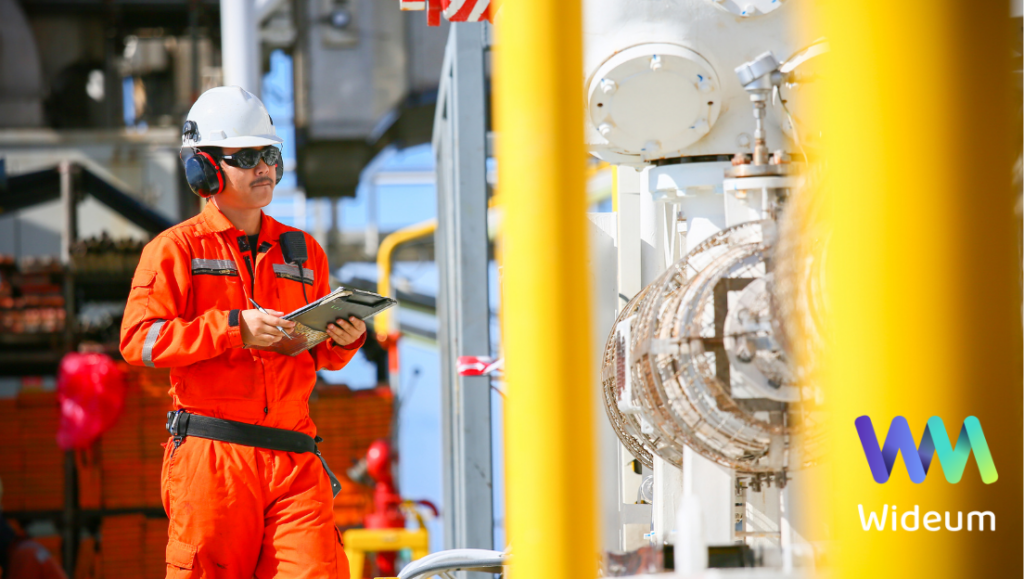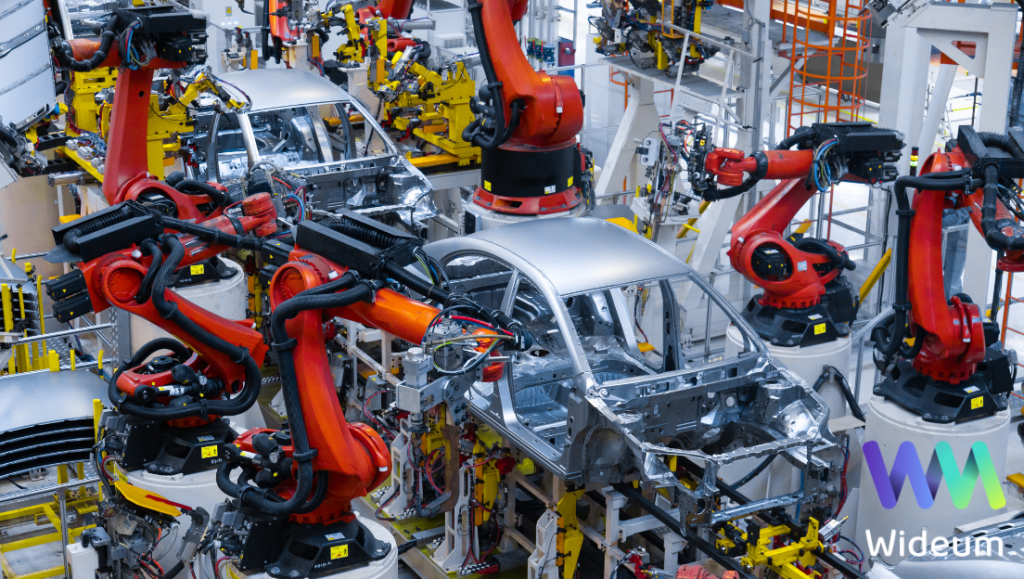Artificial Intelligence (AI) is fundamentally altering the landscape of various industries, driving unprecedented levels of efficiency and innovation. In sectors such as automotive, oil and gas, pharmaceuticals, agriculture, and telecommunications, AI technologies are not just enhancing existing processes but are also enabling entirely new business models.
For instance, in the automotive industry, AI is pivotal in developing autonomous vehicles and optimizing manufacturing operations, while in pharmaceuticals, it accelerates drug discovery and personalizes patient care.
As organizations increasingly adopt AI solutions, they are discovering the potential for significant cost savings, improved safety, and enhanced decision-making capabilities. This transformation is not merely a trend; it represents a critical shift in how industries operate, compete, and deliver value in an ever-evolving market.
Automotive Industry
In the automotive sector, AI is revolutionizing manufacturing and vehicle technology. AI-powered systems are used for predictive maintenance, identifying potential equipment failures before they occur, and reducing costly downtime. Autonomous vehicles rely heavily on AI algorithms to process data from sensors and cameras, enabling real-time decision-making for navigation and safety. Additionally, AI enhances supply chain management by optimizing logistics and inventory, ensuring just-in-time production. These advancements not only improve operational efficiency but also pave the way for safer, smarter vehicles.
Oil and Gas Industry
The oil and gas industry is leveraging AI to enhance operational efficiency and sustainability. AI-driven predictive analytics help monitor equipment health, reducing the risk of failures and unplanned shutdowns. In exploration, AI algorithms analyze geological data to identify potential drilling sites with greater accuracy, minimizing environmental impact and costs. Furthermore, AI-powered systems optimize energy consumption and improve safety by detecting anomalies in real-time, ensuring compliance with stringent industry regulations.

Pharmaceutical Industry
AI is revolutionizing the pharmaceutical industry by accelerating drug discovery and development. Machine learning algorithms analyze vast datasets to identify promising drug candidates, significantly reducing the time and cost of bringing new treatments to market. Personalized medicine is another breakthrough, where AI tailors treatments to individual patients based on genetic and clinical data. AI also enhances clinical trials by identifying suitable participants and predicting outcomes, improving the overall success rate of new therapies.
Agriculture Industry
In agriculture, AI is driving the adoption of precision farming techniques. AI-powered drones and sensors monitor crop health, soil conditions, and weather patterns, enabling farmers to make data-driven decisions. These technologies optimize irrigation, reduce pesticide use, and predict yields, leading to increased productivity and sustainability. AI also supports supply chain management by forecasting demand and reducing food waste, ensuring a more efficient farm-to-table process.
Telecom Industry
The telecom industry benefits from AI through enhanced network optimization and customer service. AI algorithms analyze network data to predict and prevent outages, ensuring uninterrupted connectivity. Virtual assistants and chatbots powered by AI improve customer interactions by providing instant, accurate responses to queries. Additionally, AI enhances fraud detection by identifying suspicious activities in real-time, safeguarding both customers and service providers.
AI and Remote Assistance: Revolutionizing Industrial Operations
AI-powered remote assistance solutions are transforming industrial environments by enabling real-time collaboration and problem-solving. Remote Eye and Process Eye are prime examples of how AI and augmented reality (AR) can enhance industrial operations. These softwares allow technicians to connect with remote experts via live video feeds, where AI overlays diagnostics and step-by-step instructions directly onto the screen. This reduces downtime, minimizes travel costs, and ensures safety by limiting the need for on-site visits in hazardous environments. AI also enables predictive maintenance by analyzing equipment data and alerting teams to potential issues before they escalate, further improving operational efficiency.
AI and Smart Glasses: Enhancing Industrial Productivity
The integration of AI with smart glasses is revolutionizing industrial workflows. Wideum’s smart glasses solutions provide hands-free access to critical information, enabling workers to perform tasks more efficiently and accurately. AI-powered features, such as object recognition and real-time translation, enhance productivity in global operations. For instance, a technician wearing smart glasses can receive step-by-step instructions overlaid on their field of vision, reducing errors and speeding up complex repairs.
In industries like manufacturing, oil and gas, and telecom, where precision and speed are paramount, AI-enabled smart glasses are becoming indispensable tools for improving productivity and ensuring seamless communication across teams. By integrating AI into these industries, businesses are enhancing their operational capabilities, and also positioning themselves for long-term success in an increasingly competitive landscape.

